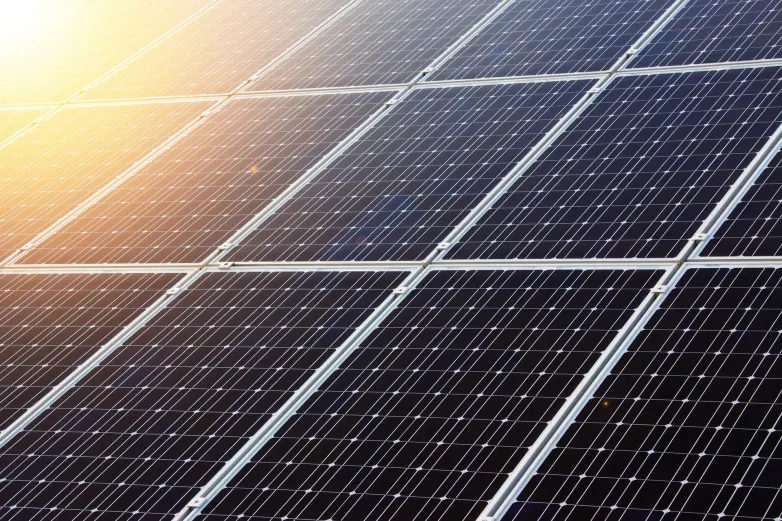Global cooperation saved countries $67 billion in photovoltaic panel production costs
- To reduce the carbon emissions that are driving climate adjustment and meet climate targets, the world will certainly require to deploy renewable energy at an unprecedented speed and scale. Solar power promises to play a crucial role in accomplishing a sustainable, low-carbon power future, especially if the cost of manufacturing continues to decline as it has over the last 40 years.

Now, a new research released in the journal Nature has determined that the globalized supply chain conserved countries $67 billion in photovoltaic panel manufacturing costs. The research also discovered that if strong nationalistic policies that limit the totally free flow of goods, skill and also capital are executed going forward, solar panel costs will be much higher by 2030.
The study-- the very first to measure the cost financial savings of a globalized value chain for the solar sector-- comes with a time when several countries have introduced policies that would certainly nationalize renewable energy supply chains in a quote to profit regional suppliers. Policies such as imposing import tariffs might make complex efforts to accelerate release of renewables like solar by raising the cost of production, the study's scientists claimed.
" What this study tells us is if we're serious about battling climate change, policymakers need to carry out policies that advertise cooperation throughout global value chains when it come to scaling up low-carbon power technologies," claimed John Helveston, lead author of the study and also aide teacher of design management and also systems design at the George Washington University. "While this research focuses on one sector-- solar-- the effects we describe below are applicable to various other renewable resource sectors, such as wind energy and also electric vehicles."
The research study looked at historically installed capacities in addition to input material and also sales price data for deploying solar panel components in the U.S., Germany and also China-- the 3 largest solar-deploying countries-- between 2006 and also 2020. The research team approximated that the globalized solar supply chain conserved the nations a combined $67 billion--$ 24 billion in cost savings for the U.S., $7 billion in cost savings for Germany as well as $36 billion in financial savings for China. Had each of the 3 nations embraced strong nationalistic profession policies that limited cross-border knowing over the same amount of time, photovoltaic panel costs in 2020 would certainly have been substantially higher-- 107% greater in the united state, 83% higher in Germany, as well as 54% higher in China-- the research discovered.
" Our research reveals international collaboration is key to resolving international climate change", claimed Gang He, assistant professor of power policy at Stony Brook University and the paper's corresponding author. "Nationalistic policies harm every country as well as threat missing pushing climate targets."
The research team additionally took a look at the cost implications of even more protectionist trade policies moving forward. They approximate that if solid nationalistic policies are carried out, photovoltaic panel rates will certainly be about 20-25% higher in each country by 2030, compared to a future with globalized supply chains.
" Policies that removed global value chains and also restrict flows of people and capital will certainly interrupt the worldwide understanding procedures that have added exactly to solar's success tale," claimed Michael Davidson, assistant teacher at University of California San Diego and coauthor on the research study. "Designs demonstrating the feasibility of conference enthusiastic clean power targets trust continued cost decreases which may not materialize if countries pick to go it alone."
The research improves a 2019 paper published by Helveston in the journal Scientific research, which argued for even more collaboration with strong making partners like those in China in order to rapidly decrease the cost of solar and also accelerate the implementation of low-carbon energy innovations.
"The new Inflation Reduction Act contains numerous essential policies that support the growth of low-carbon power technologies in the U.S., which is essential to addressing climate modification and also would present a lot more advancement and also capacity in the industry," Helveston claimed. "What our study adds to this discussion is a pointer not to implement these policies in a protectionist manner. Sustaining the united state manufacturing base can as well as must be done in a manner in which urges firms to trade with international partners to remain to accelerate cost reductions.
The paper, "Measuring the cost financial savings of worldwide solar photovoltaic or pv supply chains" was released naturally.
Also read

